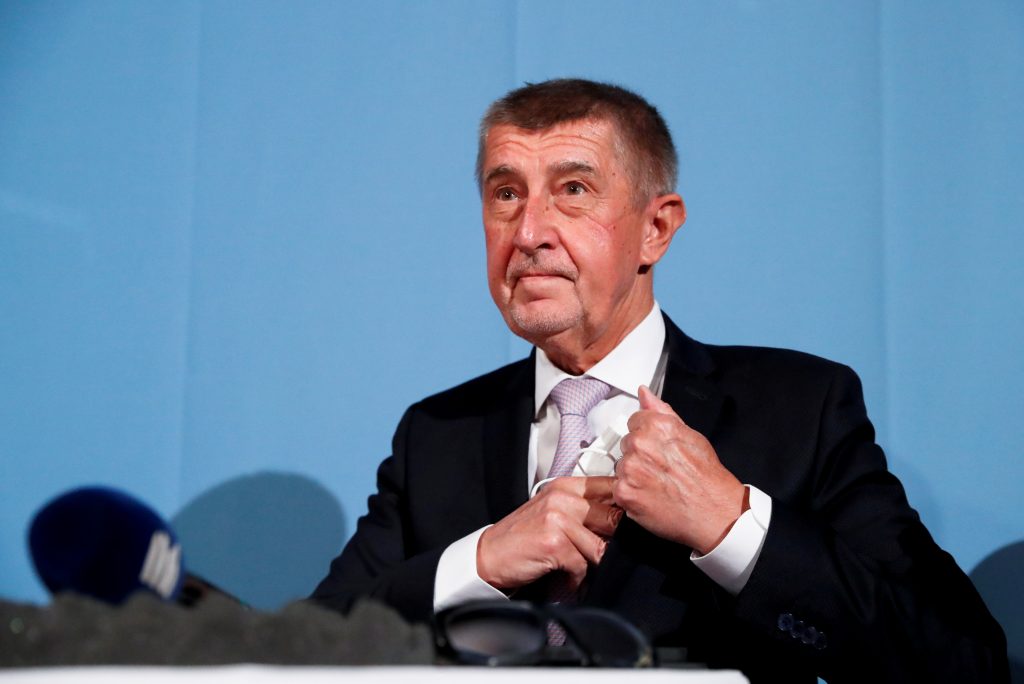July will see Czechia start its six-month Presidency of the European Council, taking over from France, and is planning on implementing a “low-cost presidency”, with many university students filling various roles under the guise of EU traineeships.
The previous Prime Minister Andrej Babiš has decided to opt for a low-cost presidency, having increased the budget to only cover costs associated with rising inflation. Meanwhile, students are “complaining about working conditions, as they will be expected to cover their own expenses,” Euractiv reported.
Rather than employing experienced diplomats, which the State reportedly cannot afford, much of the work will be done by university students employed as trainees, who are already complaining to the government about the working conditions.
The trainees who were selected in the first round will have their accommodation and travel costs covered by the government, according to a letter seen by Czech media portal Seznam Zprávy.
Wages below minimum
However, those who were selected at a later stage will have to fund everything with their own monthly Erasmus+ budget of €750 – or dip into their personal savings. A budget of €750 is not enough to live on in Belgium’s capital, where the minimum wage has recently been increased to €1,800.
“We would appreciate it if the conditions of the traineeship were equal for all trainees and if the costs of the Czech EU Presidency did not have to be covered by the savings of our parents or our personal savings earned during our studies,” trainees said in the letter.
While many students acknowledge that the goal of the traineeship is not to earn money but rather to gain experience to further enhance their career, some will have to invest at least €3,000 of their savings to cover their stay in Brussels, according to Euractiv.
Czechia delegation responds
In response to the story, the Czech Permanent Representation to the EU stated that it had not employed trainees to replace diplomats or to save money, but rather to give them "valuable professional experience."
The response also underlined the difference between the two different types of traineeships, as the first group will be students who are enrolled in a diplomatic training scheme, and therefore the "Foreign Ministry was able to provide a monthly stipend of €500 for each intern; subsequently, the Permanent Representation offered to provide accommodation in Brussels."
Most students, however, preferred using the Erasmus+ scheme instead as they felt that the conditions suited them better.
The second batch were "recruited at a later stage and via a different process to take part in one of our traditional short-term internships."
The Permanent Representation acknowledged certain interns had expressed dissatisfaction on the work conditions. "We are aware that some of the prospective interns have expressed dissatisfaction with the terms of their internship," but insisted the process had been undertaken in a transparent, fair and equal way.
This article was updated on 15 April 2022 after receiving a response from the Czech Permanent Representation to the EU.

